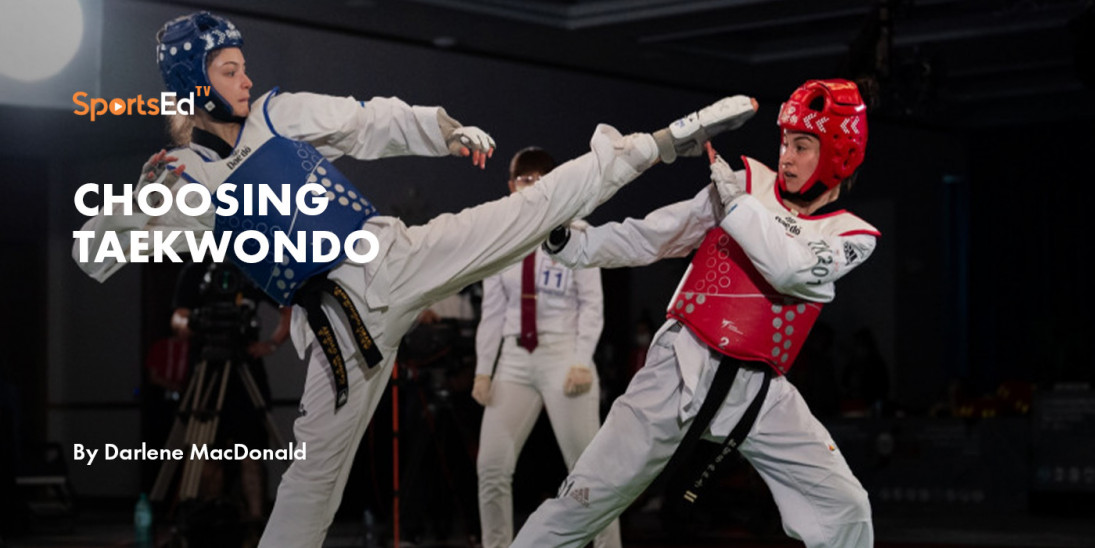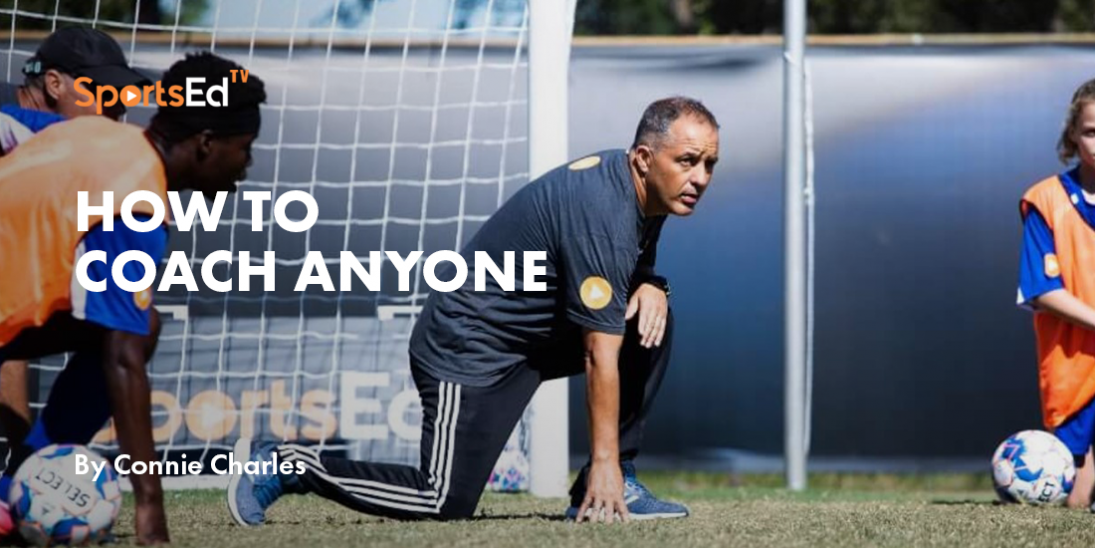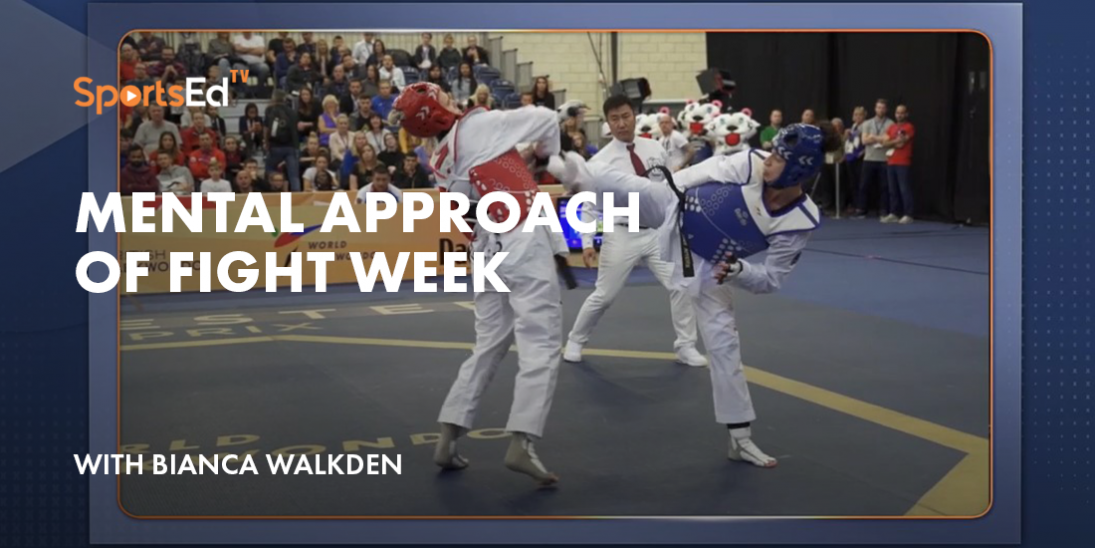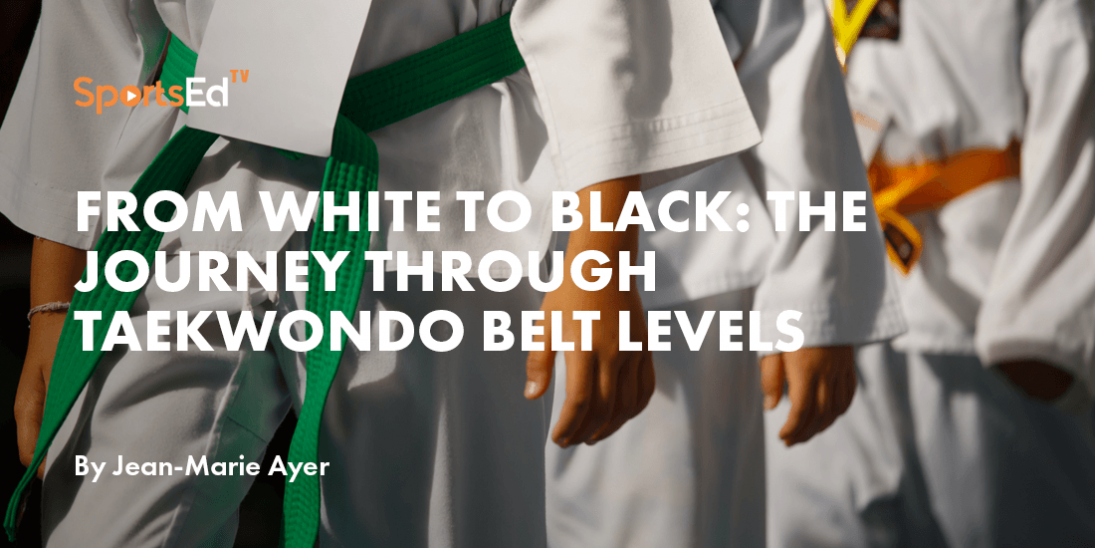Taekwondo
Welcome and thanks for visiting...

How To Learn Taekwondo?
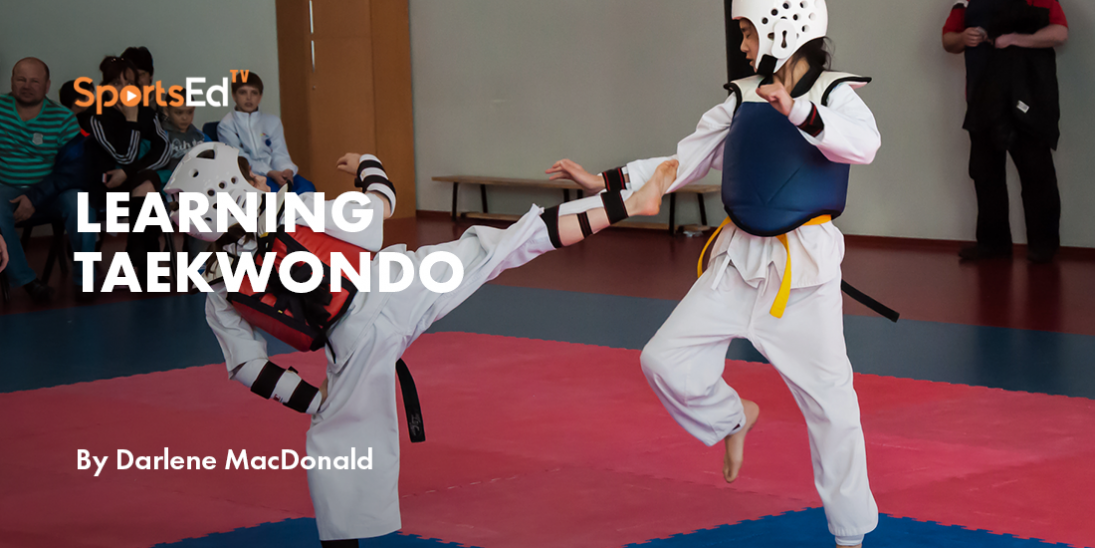
SportsEdTV Taekwondo is committed to bringing athletes, coaches, and parents pro-level taekwondo education videos for FREE. All levels, anywhere, anytime. Check out our full instructional library and sign up to join our taekwondo community!
Whether you’re a kid, a teen, an adult, or a senior, learning a new activity can be daunting but also very rewarding if you rise and meet the challenge.
For those considering learning taekwondo the questions you may have are: Should I learn? Can I learn? What are the challenges I may face? What are the benefits I could receive? What are the skills I will build? Is it worth it? Is it for me?
To answer these questions and therefore determine if it is an activity you should pursue, you may need to do a little self-examination. The three major areas that you may have to examine are physical, cognitive, and psychological.
The Physical
Practicing taekwondo can be your main activity or exercise of focus. It can be a supplemental activity for something more important, or it can be a new activity that will help you build skills, strength, agility, balance, coordination, and flexibility throughout your body.
“Taekwondo is an amazing exercise activity that includes the whole body. Kicking and footwork work the lower part of the body, including the big muscles of the thighs; punching and blocking work the upper parts of the body, and the consistent need for balance and the dynamism of the sport continually works the core.” [1]
Assuming that for people considering taekwondo as a new activity, they have consent from their doctor to start training, for most people, the main concern about their physical ability when starting taekwondo should not be whether you can or cannot do it, but in managing your expectations about what you can or cannot do and when.
That means that you shouldn’t expect to step in the dojang and within a month or so think that you can perfect your kicks, punches, and blocks, or wonder why you haven’t been selected to join the competition team. It takes a long time to build skills and you can do it best if you work with your instructor and are realistic about your progress.
Although different dojangs teach differently, you are most likely to begin by learning warm-up and stretching exercises, basic kicks, punches, and blocks, along with various movements to help you develop the strength, agility, balance, and coordination needed to perform the techniques you are learning or will learn.
Everyone is responsible for monitoring their progress and abilities. Although the instructor may be an expert in martial arts, individuals should know themselves better and are more familiar with their barriers and limits. There may be many people with many different levels in your beginning classes; therefore, it is up to you to monitor yourself and if the class is too hard you may have to go slower or do less but try to keep up with the rhythm and keep going to class.
Sooner or later, if you keep going to class regularly and as you build your knowledge and physical ability, you will find yourself keeping up more or following along better.
The Cognitive
Understanding taekwondo can be helped with prior knowledge of learning other physical activities, but it is not necessary. After all, you have to start your learning somewhere. When you are a taekwondo beginner, you may have already had prior experience learning a different physical activity and, [1] therefore, you have something to refer to when you are learning taekwondo anew.
For example, years ago, I took golf lessons in Korea after I had been extensively involved in taekwondo for 13 years. I taught my golf instructor English and in exchange, he taught me golf. As you can imagine his explanations weren't so great since my Korean was not so good and his English was not so good. Fortunately, he was a former taekwondo athlete, and to teach me golf, he explained by using stances, concepts, and terminology I was used to from taekwondo to explain what he wanted me to focus on in golf. I was only there for a few months, but my terrible golf game improved by about 16 strokes, just enough for me to break 100 for the first time!
My knowledge of taekwondo helped me understand and apply them to the principles of golf so that I could learn golf much faster. Conversely, it seems like taekwondo beginners who had previously been involved in activities like gymnastics, dance, or some other sports bring transferable skills to taekwondo, perhaps allowing for learning taekwondo a little bit easier than if they did not have those skills.
To learn something new you must be open to learning. For some adults, this can be difficult, especially for adults who have a high standing, or certain expertise in other areas. In these cases, they are used to being competent, being leaders, or being mentors. When they are suddenly put in a position where they are inexperienced, just another participant or they are the students, it can be difficult to adapt to having to be in such a drastic difference in positions and some people may struggle in this role.
Those with other expertise may be more closed off to learning something new, feeling that they already know the answers to questions or explanations, or they may feel they know a better approach for building a certain skill, even if they are not fully aware of how the skill fits into the activity compared to what they have already learned. An example is a soccer player who joins a taekwondo class.
The soccer player has much experience with kicking, including kicking a soccer ball as far as she can down the field. When she does taekwondo class, she may feel she already knows how to kick or knows how to position the rest of her body for kicking. The kicks in taekwondo can be very different than how she kicks a soccer ball, but she closes her mind to learning similar kicks in taekwondo because she already feels she can kick a soccer ball well. For children, it may be easier to learn taekwondo since their everyday is still about learning and building skills and experiences. Usually, children have built no expertise in any area, and have not had long-term expertise in any area, so there is no barrier to their learning as a result.
An important approach to initially learning taekwondo, like other physical activities and sports, is to receive instruction and feedback from the instructor, coach, or master, be open to what they are saying and permit yourself to be an unskilled beginner who is learning a new activity.
The Psychological
Another aspect of learning a new sport is the psychological aspect. Taekwondo as an activity or a sport may be stricter than many people are used to when engaging in sports activities. It is a martial art, after all. New practitioners may need to not only prepare themselves for starting a new physical activity but also prepare themselves to engage in the type of environment of learning martial arts when learning taekwondo.
Taekwondo is an Olympic sport and there are many dedicated coaches out there who are committed to the sport aspect and are not as involved in teaching the stricter side of the martial art. It is recommended that you discover the taekwondo clubs available to you to match you with your preferred style.
There are many psychological influences if you are wondering whether to start learning taekwondo. Let’s look at just a few: attitude, motivation, commitment, and self-evaluation.
Attitude. In the context of learning a new activity, attitude is the way you think and feel about learning that activity. For example, if you generally really like trying new physical activities, building new skills, and enjoy watching martial arts movies or shows like Cobra Kai, you’ll probably start learning taekwondo with a positive, open, and accepting attitude that will aid your learning capabilities. If you would rather stay home and you feel like you are being forced or coerced to go to taekwondo class, then you may bring a negative attitude with you that may hamper both your enjoyment and your learning capabilities for taekwondo.
Motivation. The reason or reasons why you want to learn taekwondo, your motivation, may also affect your decision to start or continue classes. Perhaps you want something that is a full-body workout, something your whole family or your friend group can do together, or perhaps you want to learn how to use your legs as a form of self-defense in an activity that is also an Olympic sport. On the other hand, perhaps you start taekwondo classes because someone else chose them for you. After all, you have to do some exercise, and the dojang is close, or because your friend keeps bugging you to try it out. Whatever the motivation for getting you to the dojang in the first place, if your motivation wanes or is not enough to make you want to continue, you may have to look for other motivating factors to help you continue making progress and building your expertise.
Commitment. When you start learning a new activity, a key area of learning is your commitment. It is almost certain that there will be areas of learning with taekwondo where you will find it easier and some areas where you will find it more difficult, challenging, or seemingly impossible even. It can be frustrating at times but those times that you succeed and realize you can do something that was such a challenge, it is incredibly rewarding. It can help build your confidence and self-esteem and contribute to your motivation to continue. Your commitment, or dedication to learning taekwondo, can be to go to a minimum number of classes per week and to continue, even when you have to deal with the challenges that you are sure to be faced with.
Self-evaluation. While learning taekwondo, you may want to assess yourself on your progress and your ability to perform, but this self-evaluation must be used to help you achieve and progress rather than to be critical and limit your involvement. If beginning athletes use self-evaluation as a tool, it can be quite beneficial in that it can make them aware of their strengths and weaknesses in a more objective sense than if they just react to how they may feel, which often focuses on what they can’t do rather than how much they have progressed. Furthermore, self-evaluation can also help increase motivation by helping to set achievable goals based on the evaluation.
With all of these, and more, factors influencing your decision on whether or not to start learning taekwondo, it is recommended that before you sign up for lessons, go and visit the various dojangs within the distance that you are willing to walk/cycle/bus/drive. Ask questions to find out the answers that are important to you so that you can see if the dojang is a good fit for you.
Of course, it would be nice if the closest one was best but if it's not a match for you, then you are wasting all that time and money on something that you may end up stopping because you end up feeling “taekwondo is not the right activity for me,” whereas the problem may be that the particular dojang you joined is not the right one for you. Be aware of the physical, cognitive, and psychological components of starting and continuing taekwondo classes to help aid you in your journey through taekwondo.
[1] (Retrieved 2021 10 25. MacDonald, D. (2021). https://sportsedtv.com/blog/choosing-taekwondo/)





